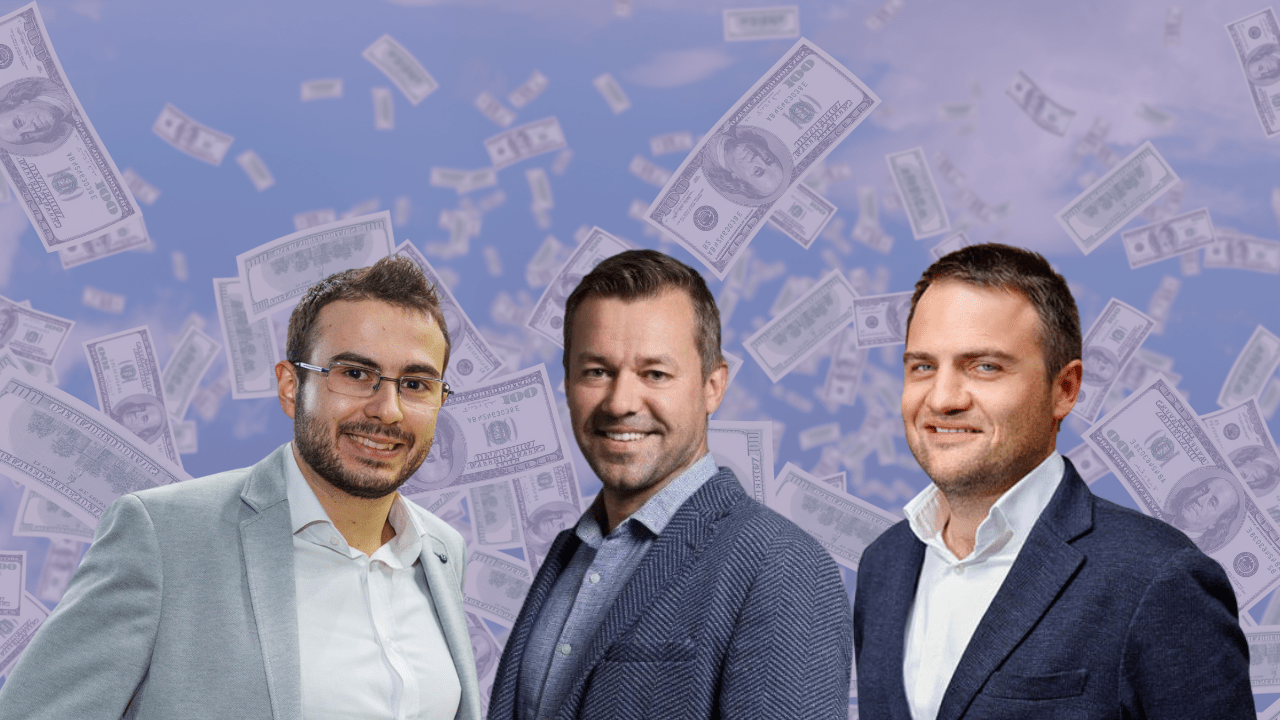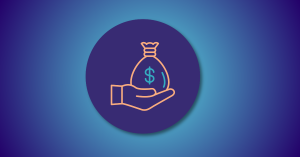You are a founder. Your startup is at the stage when it needs external financial support to keep growing and accelerate its growth pace. And you start evaluating your options – should I go for a loan, try venture capital, or talk to angel investors? Is it even the right time for my business to raise capital?
In fact, with some online research, you can draw average conclusions about what to expect when you fundraise. Here is what we know: in 2021 the median seed and pre-seed funding round in Europe was $1M and the average was $2.3M. Also, Europe-based investors led 77% of seed fundings on the continent and 68% of early-stage fundings. This means you are most likely to raise your pre-seed, seed, and even Series A round from European investors.
Then the questions start piling in your head again. How should I approach my target investor? Should I aim for a specific valuation?
To reduce the uncertainty of founders and bring more clarity to the topic of fundraising, The Recursive, gathered a list of the 10 most common, burning questions about fundraising. Find them answered by three early-stage SEE investors – Max Gurvits, Partner at Vitosha Venture Partners, Milen Ivanov, Managing Partner at Sofia Angels Ventures, and Yavor Gochev, Investment Manager at Innovation Capital.

How do I get the timing right? When should I raise capital?
Max Gurvits advises founders to raise whenever they can. They should impress investors with either their CV or traction.
Yavor Gochev thinks alike. “Raise capital when you do not need it! Many founders start fundraising when they need the money urgently while the whole fundraising process may easily take between 3 to 6 months,” he says.
According to Milen Ivanov, founders should raise when they need to grow faster compared to the organic rate. They should plan 6-12 months of fundraising time and secure 18 months of capital before the next round or before they break even.
What are the milestones I should achieve to raise a successful early-stage round?
“They need a solid team and some skin in the game. Founders can successfully fundraise without any income generated. That is why it is crucial to talk to potential investors from day one!”, Gochev explains.
The summarized criteria of Ivanov are for founders to be engaged in their startup full-time, to have achieved their product-market fit, gained some early customers, and developed a scalable model.
Gurvits says it depends on the fund. At Vitosha Venture Partners, founders need to have a prototype for a €30-50K ticket and traction for tickets above €100K.
What is the best way to approach my target investor?
Here there are no diverging opinions: it all comes down to warm introductions and networking. “The best way is to be introduced by someone they already trust, or to meet them at an event and make an impression by knowing what they are looking for,” says Gochev.
Gurvits advises founders to network as much as possible, and prospect investors using professional tools such as Pipedrive. Ivanov explains that the best approach is to receive an intro from someone who the investors already trust like a portfolio company founder.
How to talk to investors during the meeting?
“Talk less, listen more. Ask smart questions about their portfolio and how they would help, and keep the conversation short. Start with asking how much time they allotted for the meeting,” says Gurvits.
The step-by-step advice of Milen Ivanov is: “Answer the question to the point. Shut up and listen to the next one. Do not oversell but also don’t be shy.”
Gochev recommends gathering feedback about the investors and finding out what is important to them. He warns founders to avoid over-exaggerating and to be honest.
Should I aim for a specific valuation when fundraising?
Max Gurvits suggests that founders should always have a target valuation in mind, but try to talk about substance before valuation. When they get to valuation, they should be ready to defend what they base it on and listen well to the feedback of investors.
According to Milev Ivanov, valuation is not the most important thing in the process, but it is preferred that founders have thought about it beforehand. While Gochev believes that founders should be flexible rather than stick to their initial valuation.
What kind of financial models do I need to prepare?
“The more comprehensive the financial model, the better. It is important for investors to see how the founders think and how they deal with numbers,” says Gochev.
The guidelines of Ivanov are a 5 years P&L (Profit and Loss Statements) with a clear and protectable cost structure for at least the 1st year. Likewise, Gurvits recommends a 1-year detailed P&L month-by-month and a 5-year high-level P&L year-by-year.
What does a good pitch deck look like in the eyes of investors?
“Not a 50-page Word file…,” Ivanov jokes. Gochev says that the pitch deck should trigger the investor’s curiosity about the project. Max Gurvits shares that a good pitch deck has all the answers. It is concise and consists of 12-15 slides with product, market, traction, team, projections, and clear ask.
Do we need an advisor to help us in the fundraising process?
Milev Ivanov explains that an advisor might help but is not a must. Practice pays off more.
According to Gurvits, mentorship from experienced founders or ex-VCs who have done it before is fine. Paid consultants who haven’t been founders are not a good option.
Yavor Gochev thinks that if the founders are aware of the process and what is required, they do not need an advisor for the fundraising at such an early stage.
How long does it take to close a fundraising round?
“Depends on the geography. With Vitosha, we can close within 1-2 weeks, but our disbursements (the actual paying out money) take up to 3 months. Most funds however can disburse within 2 weeks of closing,” says Max Gurvits. Ivanov and Gochev share the same opinion that the whole process takes between at least 3 months and 12 months.
When should founders start thinking about their next fundraising round?
The fact that investors have successfully closed a round, doesn’t mean that they have a break from fundraising. Max Gurvits and Yavor Gochev say that founders should start thinking about their next round immediately after closing their current round. They should keep prospecting and updating potential next investors. Milen Ivanov advises founders to start the process all over again around 18 months before they estimate they will need external capital. Or at any time that they can justify their next growth stage or target milestone.







